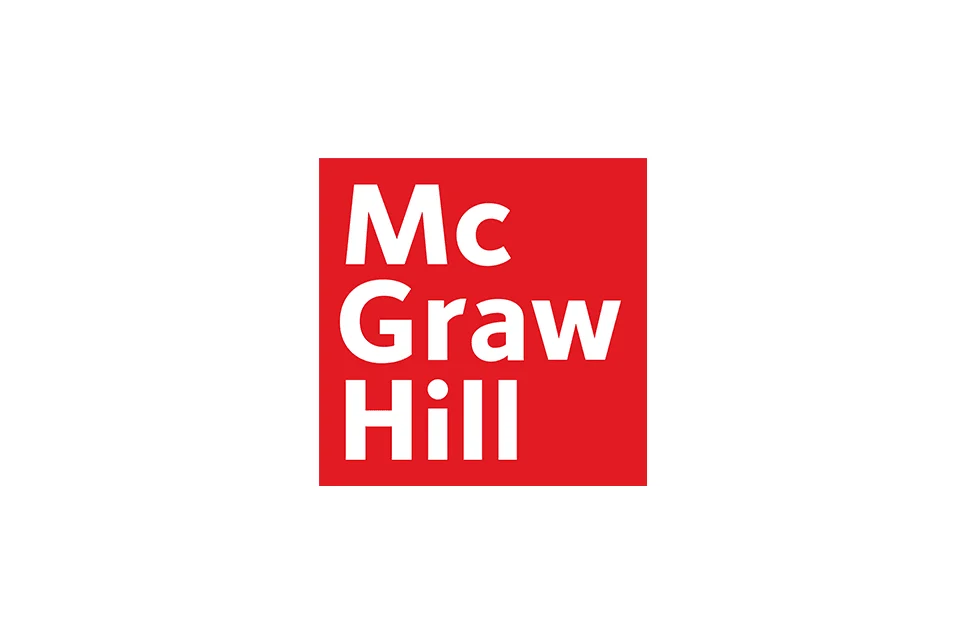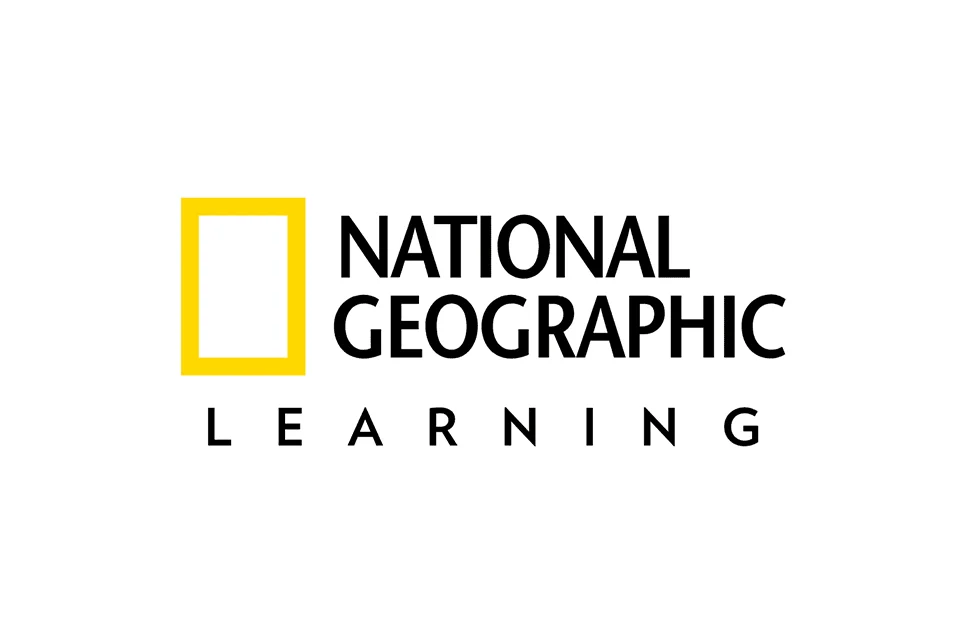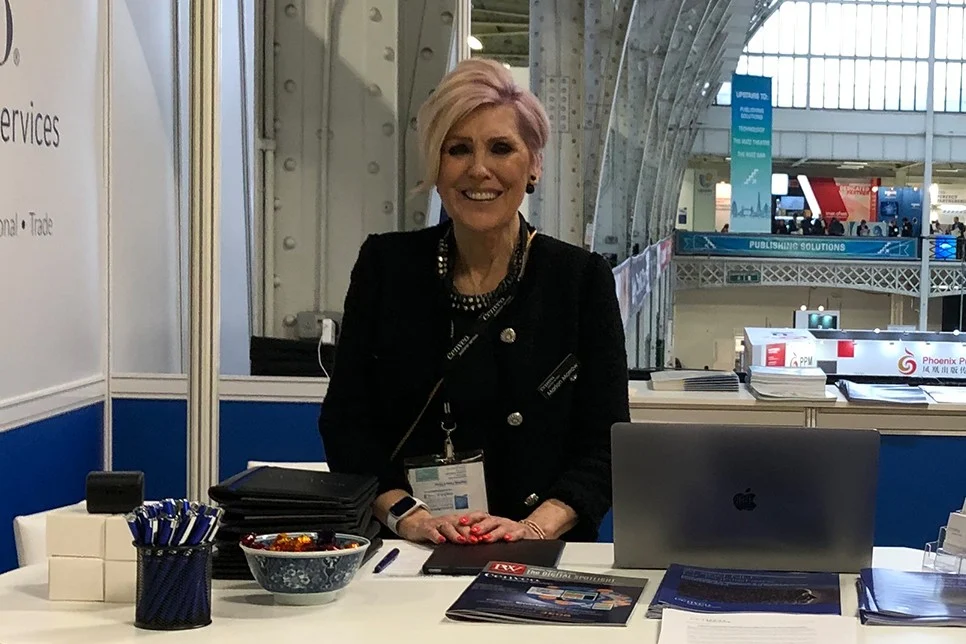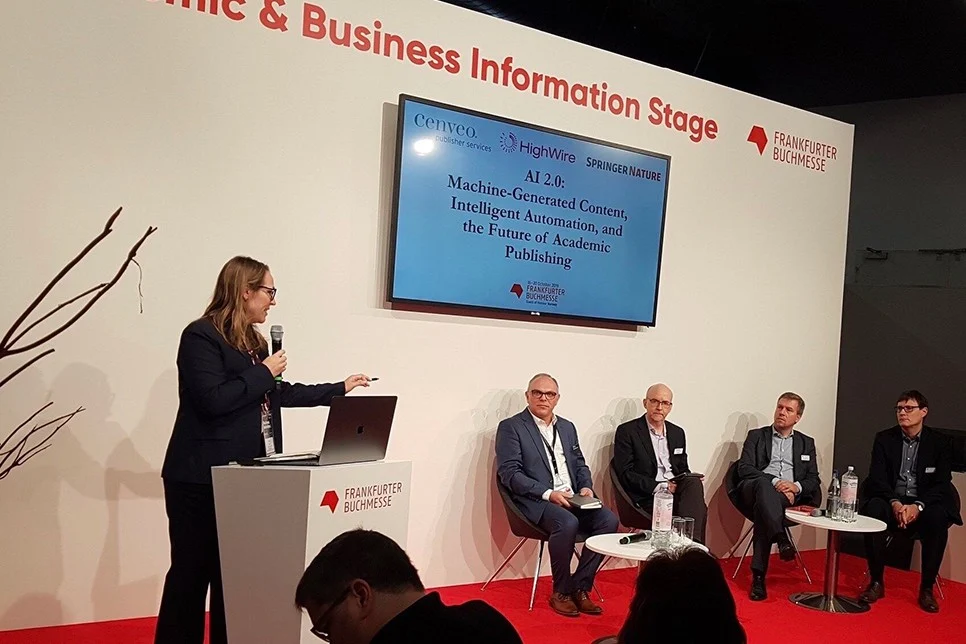
The marketplace for scholarly publishing has become increasingly difficult to navigate over the last several years.

“If it doesn’t come bursting out of you in spite of everything, don’t do it,” wrote Charles Bukowski in his poem “So you want to be a writer?” Being an author isn’t easy.
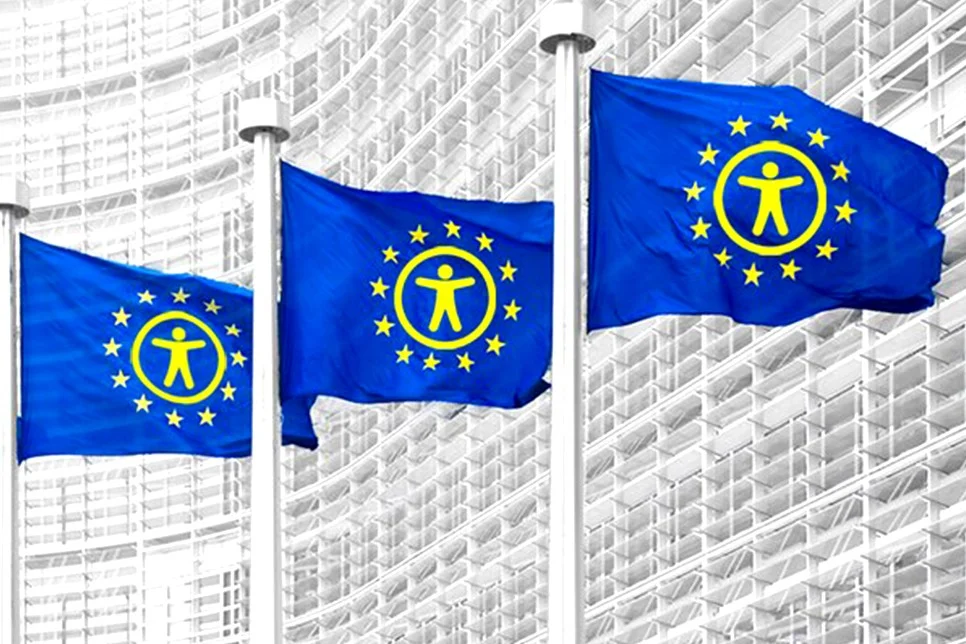
Accessibility has been the buzzword in publishing over the last several years as the industry embraces the need to make its content available to all readers. We at KGL have previously highlighted innovations in accessibility in K-12 learning and also potential hazards of not making scholarly content accessible.
McGraw Hill Education (MHE) provides students and professionals with the global standard of best healthcare practices by delivering current and comprehensive resources from leading authors and institutions.
World Class: Expanding English Fluency is a two-level series from National Geographic Learning (a division of Cengage Learning) for high-intermediate and advanced English language learners.
Normally at this time of year, we would be meeting and greeting our customers and friends at the London Book Fair. I think it’s fair to say that no one at KGL misses that more than the head of our Sutton, UK office, Marion Morrow. I caught up with Marion virtually in lieu of the pub about being a people-person during the pandemic, her deep experience on both the publisher and provider sides of the business, and how technology-based solutions can help publishers, especially during this time.
In this blog, we have listed several tactics for how to increase the speed of journal publication from clear author instructions, efficient peer-review, effective staffing and more.
Much has been written lately about the rush to quickly make new coronavirus research available to the medical community, government agencies, and the concerned public. Recent news and analysis ranges from scholarly publishers working together to maximize the efficiency of peer review, to a demand for conclusiveness against an “infodemic” of both accurate and inaccurate guidance, to our own observations that preprints and media attention are driving rapid publication like never before.
Every year at the Frankfurt Book Fair, there is a buzzword or phrase that continues to pop up on panels, in articles, and in conversations and meetings. In the past, we have seen ‘big data’ and ‘blockchain’ dominate the headlines, but this year’s buzz word (or acronym) was ‘AI,’ as publishers, information professionals, service providers, and the media debated how this technology can be used in the industry.


